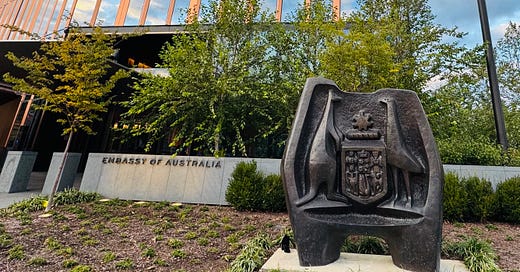LER No. 61 - Ethics of Jailhouse & Opioid Lawyers, $18,500/Hour Fee Reduced, NJ to Reinstate Post-Disbarment, Columbia Law Prof Files Complaint After Firm Drops Rep, YouTubing Judges & More (10.21.24)
The Legal Ethics Roundup - your Monday morning tour of all things related to lawyer and judicial ethics with University of Houston law professor Renee Knake Jefferson
Welcome
Thank you for being here. Welcome to what captivates, haunts, inspires, and surprises me every week in the world of legal ethics.
Each week the Legal Ethics Roundup is viewed by more than 1,500 readers across the United States and in 40 different countries. Subscribers include judges, lawyers, professors, state bar administrators, students, government officials, and people who care about the future of our democracy.
If you haven’t subscribed, take a moment now to sign up at the link below. It’s free! And you’ll never miss the latest edition. I hope you’ll also consider becoming a paid subscriber, which helps to support this weekly newsletter.
Do you have colleagues who care about legal ethics? Please share the Roundup with them. I’d love to see our community continue to grow!


